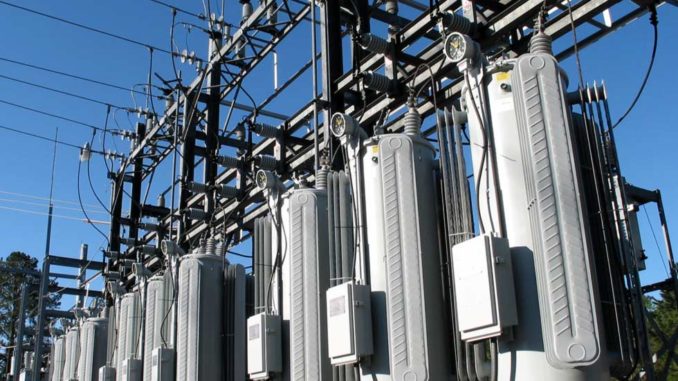
Nigeria has lost at least N240 billion to five electricity generating companies in the last five years due to faulty agreements sealed between it and the firms.
Based on the agreements reached between the five of the 25 power generating companies in the country, Nigeria is compelled by law to remit specified amount of cash to the affected companies whether the country takes power from them or not. Documents obtained from the power sector last night by Vanguard indicated that Nigeria entered into the avoidable financial trap by unwittingly signing what industry analysts described as ‘Take or Pay’ agreement, which ties the hand of the federal government to pay the generating companies just for establishing their plants in the country. Most of the documents, which Vanguard learned, are now being studied by the Presidency, were prepared and signed as part of the unbundling and sale of the power assets in Nigeria before the end of the previous administration.
Beyond that, Vanguard gathered that new ‘compulsory’ power purchase agreements for gas supply to non-functional gas plants have also been unwittingly endorsed by the Buhari administration, though such plants do not have the capacity to deliver any power to the national grid, thereby making the nation to waste its scarce resources on such plants and companies. A top source in the power sector and a key player in the industry explained to Vanguard that the federal government would continue to be under pressure to pay power generating companies in the country huge sums on a monthly basis because it was ill-advised to sign an irrevocable sovereign guarantee for five of the generating companies in the form of partial risk guarantees (PRGs).
“What that agreement the federal government signed with the power generating companies means is that whether the government takes power from the companies or not, it is compulsory for it to pay them the stipulated cash every month. “Similarly, the government’s hand is also tied in that under the Sovereign Guaranty, it must deposit a huge amount of money with specified international banks through which the power companies are expected to draw from in case the Nigerian government fails to pay as at when due.
“The unfortunate thing about the entire agreement is that while the government continues to sign binding Power Purchase Agreements, PPA, with generating companies for upwards of 20 years and which have the capacity to produce up to 35,000 megawatts, the transmission company of Nigeria can at best transmit a maximum of up to 5000 megawatts of the power supplied by the GENCOS.
“Most of the power being produced or claimed to be produced by the companies in Nigeria is currently being stored up or lost as it is not being added to the national grid because of the inability to evacuate it to the grid.
“That is why the federal government has been made to pay the N240 billion to some of the companies between 2015 and the close of business in December 2019.”
Source: Vanguard